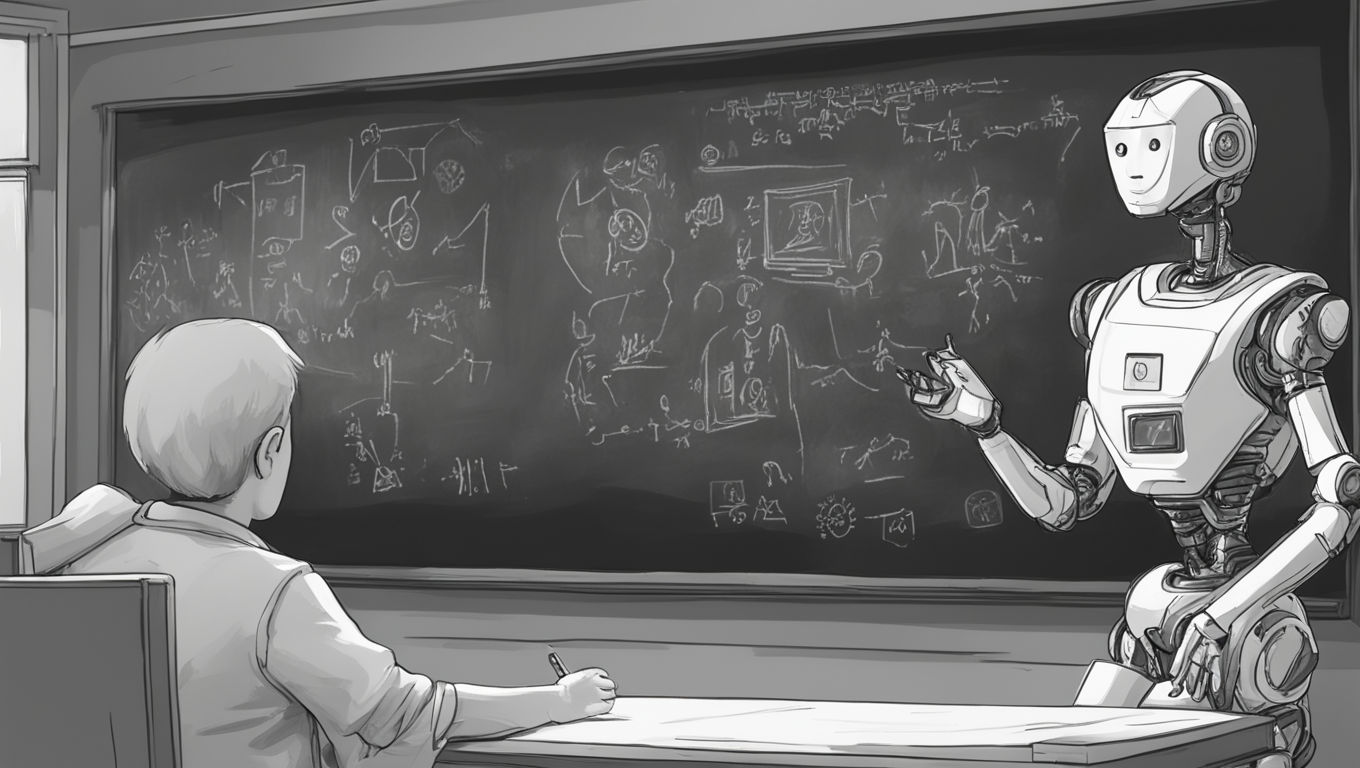Forty-four years ago, a revolutionary educational program called Sesame Street took the country by storm. Initially met with skepticism, it quickly gained popularity as millions of children benefited from its innovative approach to learning. Today, a similar phenomenon is taking place with generative AI tools, and career educators are grappling with how to incorporate them into their teaching methodologies.
One such tool is ChatGPT, a platform designed to understand and generate human-like text based on input. It can handle a variety of language tasks, from answering questions to writing essays and even engaging in natural-sounding conversations. However, it does have limitations. Its knowledge base is limited to data prior to September 2021, and it lacks personal experiences, emotions, critical thinking abilities, and the ability to analyze information.
The use of AI in education has sparked a lively debate. Some fear that it will cripple the education system and replace human workers, while others see it as a way to democratize learning and provide equal access to personalized coaching and support. AI offers several potential benefits in education, including early interventions to identify students at risk, real-time feedback for students and teachers, and the ability to create content quickly. It can also revolutionize learning for students with disabilities by making information more accessible.
More than 1,300 experts have signed an Open Letter supporting AI as a force for good in education. They envision a future where teachers use AI to design courses, analyze student performance data, and develop personalized learning pathways. While AI may feel like a disruptive force, it is important to recognize that we already use AI tools in our daily lives, such as Google Maps and iPhone’s photo albums.
The conversation around AI in education is happening within the broader context of changes in the world of work. With automation expected to replace 30% of work hours by 2030, traditional career trajectories and job security are becoming obsolete. As career educators, it is our duty to prepare students for this shifting landscape. AI tools like ChatGPT can supplement students' imaginations as they design their futures and ethically leverage the technology at their disposal.
ChatGPT can be a powerful tool for career educators, enabling personalized tutoring and career advice based on individual skill sets and interests. It can support students in exploring industries, entry-level positions, and career paths tailored to their specific needs. The platform can also assist in networking, designing personal introductions, drafting LinkedIn profiles, generating questions for informational interviews, and providing a list of networking events related to career interests.
As educators, we encourage students to test potential pathways before committing. ChatGPT can quickly generate ideas for experiments to help students make informed decisions. However, it is essential for students to verify the accuracy of information provided and critically analyze it. Human guidance is crucial in this process.
While AI tools have their limitations, they can be invaluable in fostering creativity, critical thinking, and career exploration. K-12 educators can also harness ChatGPT’s capabilities to inspire young minds in envisioning their future paths. It is crucial for educators at all levels to familiarize themselves with AI tools and consider their responsible and ethical use in preparing students for the future of work.
As life design and career education practitioners, we have a duty to support our students as they navigate a complex and changing world. By using AI tools like ChatGPT ethically and responsibly, we can stay at the forefront of educational innovation. ChatGPT can help students imagine and design their future, and we invite educators to explore our ChatGPT Prompting Guide for Life Design + Career Education to support their students in this process.
In conclusion, just as Sesame Street revolutionized education in its time, generative AI tools like ChatGPT have the potential to enhance career education and prepare students for the future of work. By leveraging these tools responsibly and ethically, educators can empower students to dream big and navigate the changing landscape of work with confidence.





Use the share button below if you liked it.